
News about Astrophysics
Viser 25 til 48 af 436 dokumenter.


Cosmic whispers made LOUD by intervening matter
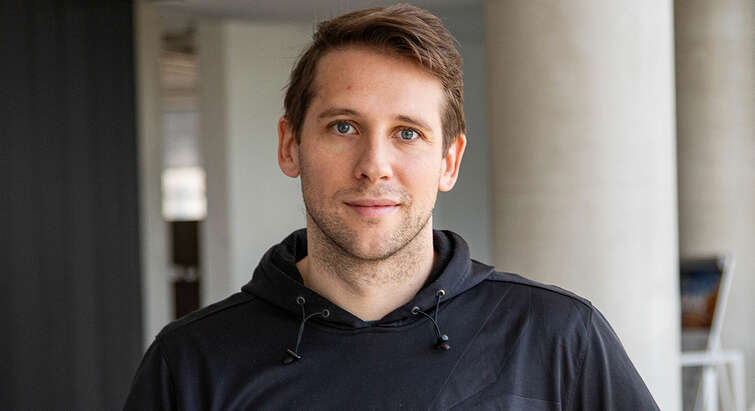
Kasper Elm Heintz among Berlingske’s Top 100 Talents

Strong field gravity in India
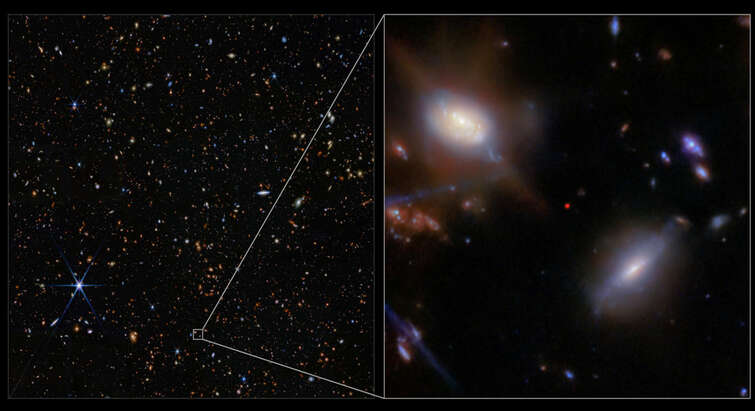
James Webb discovers earliest sign of the Universe becoming transparent

Gravitating Gestures

Photography Competition at STRONG

Galaxies do not affect black hole spectroscopy
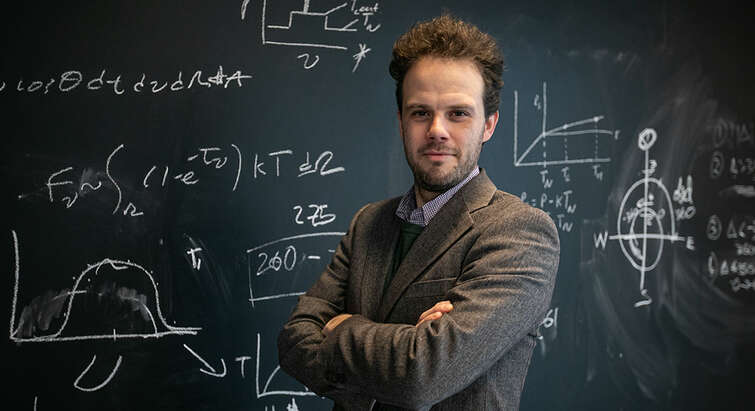
European Research Award to Johan Samsing
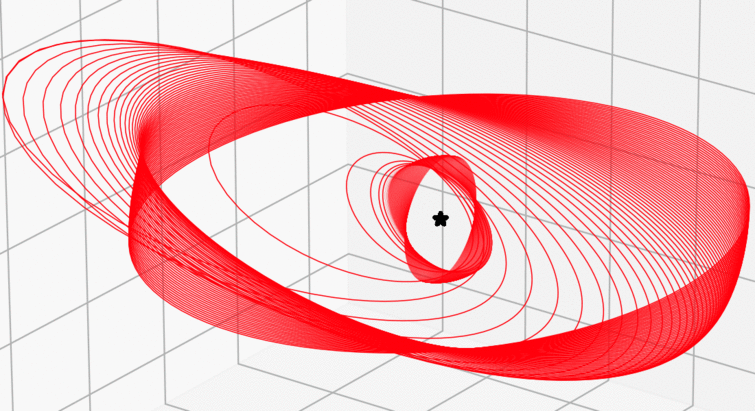
“Super-Earth” in planetary system shedding new light on planetary evolution
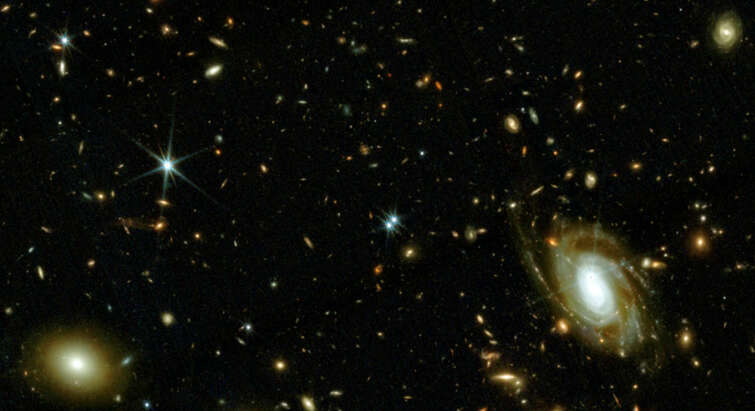
New insights into galaxy growth and dark matter from James Webb

Gonzalo Prieto-Lyon
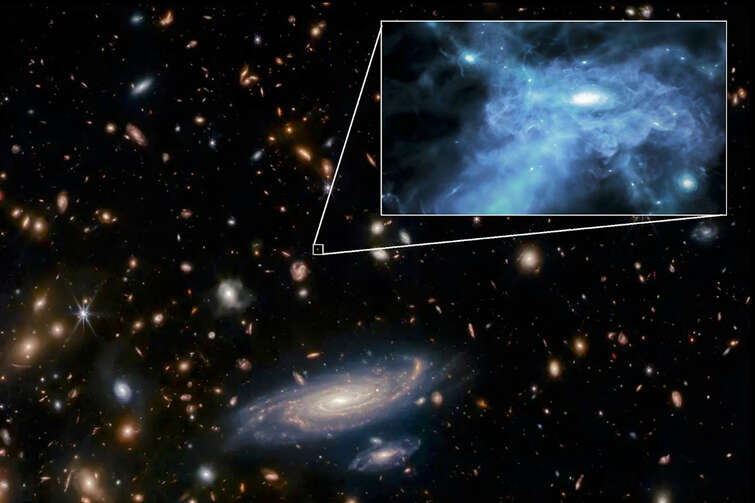
Webb provides a new detailed look into the formation of the first galaxies
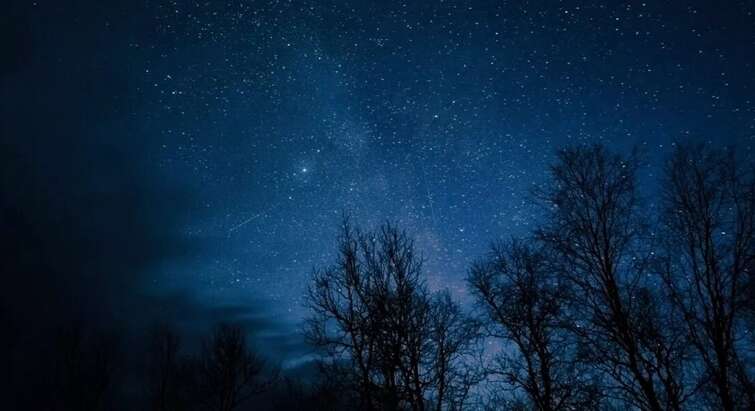
Look up in January

Rajeeb Sharma
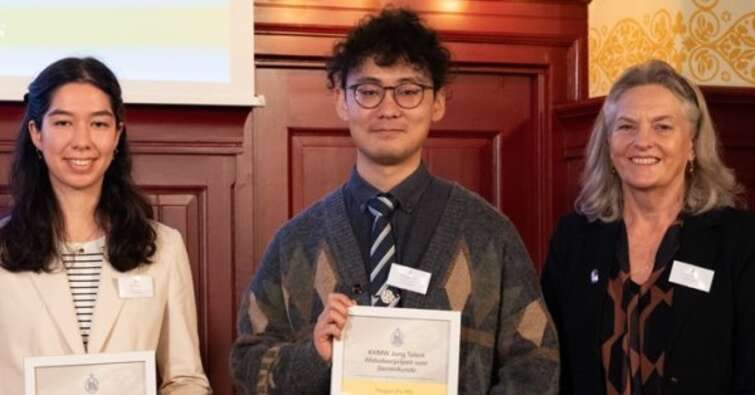
Pengpei Zhu awarded the KHMW Young Talent Graduation Award for Astronomy
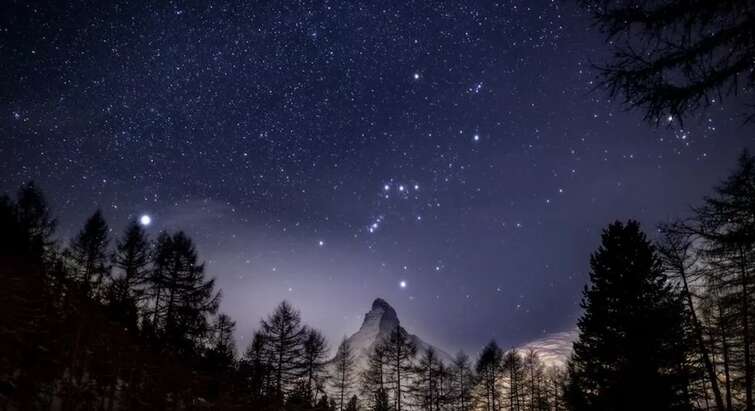
Look up in December

Maarten van de Meent awarded ERC Synergy grant
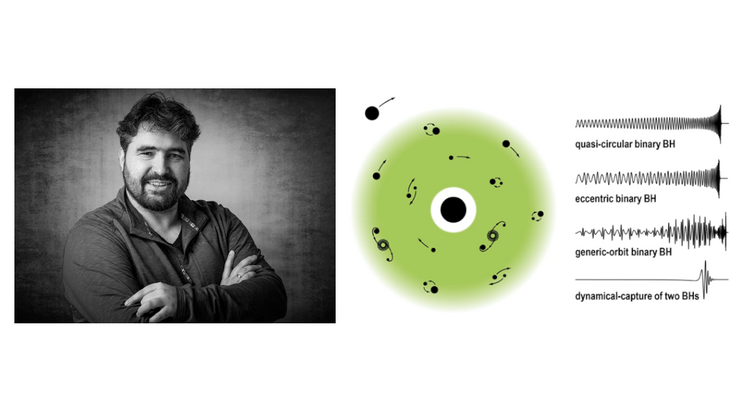
Maarten van de Meent awarded ERC Synergy grant
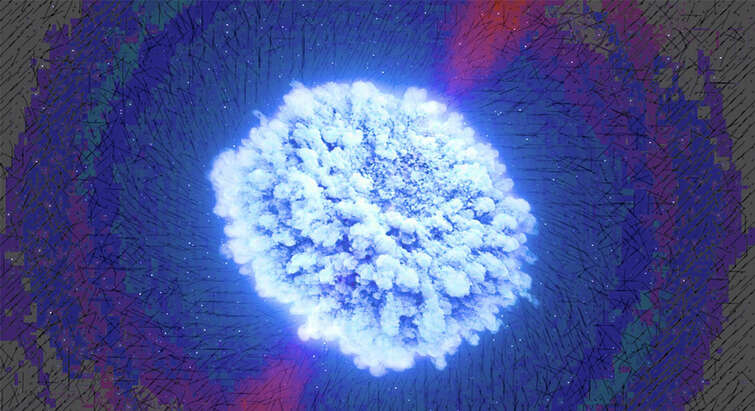
Dance of electrons measured in the glow from exploding neutron-stars
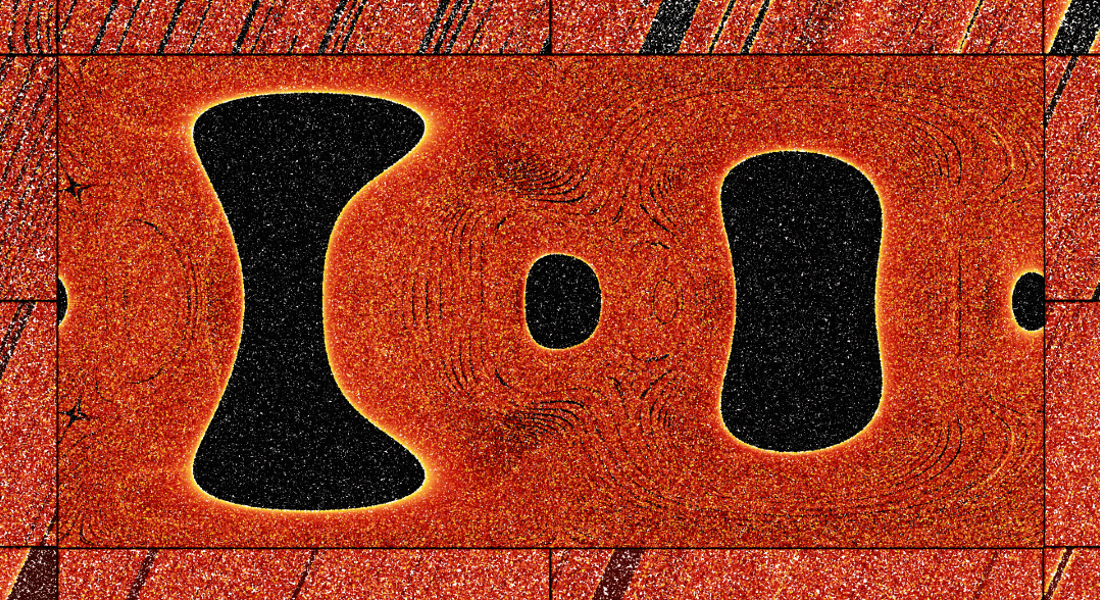
"Islands" of Regularity Discovered in the Famously Chaotic Three-Body Problem

"Islands" of Regularity Discovered in the Famously Chaotic Three-Body Problem
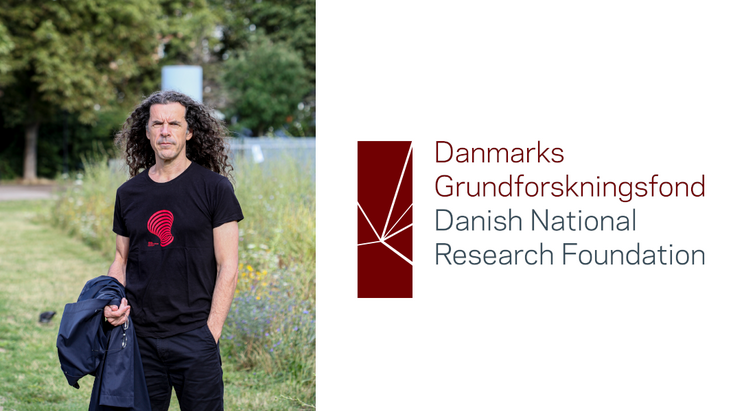
Center of Gravity (CoG): a new DNRF Center of Excellence at NBI

